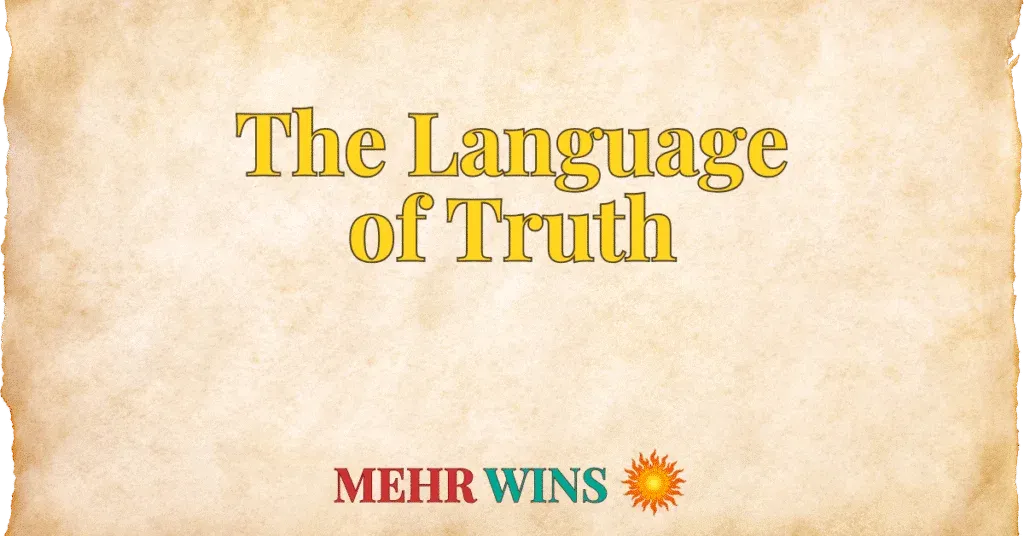
Balance is not just a neutral state between extremes. It is a dynamic practice, a living rhythm that brings clarity, health, and harmony to our inner and outer worlds. In a world of constant motion, cultivating balance means learning when to act and when to rest, when to hold on and when to let go. True balance allows us to stay centered in the midst of change. It helps us manage contradictions, navigate chaos, and remain grounded in our values. The Persian language offers a variety of words that reflect this wisdom, with meanings that capture emotional steadiness, harmony with others, and the integration of mind, body, and spirit. These ten words illuminate the many ways we can live in greater alignment with ourselves and the world around us.
1. تعادل Ta‘ādol (ta-ah-dol) – balance, equilibrium
Ta‘ādol refers to a state of equilibrium or composure, where different forces are held in harmony. It represents both physical and emotional steadiness, the point where nothing outweighs or overwhelms.
Example: “Through mindfulness, she found inner ta‘ādol amid chaos.”
2. توازن Tavāzon (ta-vā-zon) – symmetry, proportion, balance
Tavāzon expresses symmetry or proportionality, often in design, nature, or thought. It is the graceful coordination of elements in harmony, where nothing feels out of place or overdone.
Example: “The tavāzon in his routine kept him mentally strong.”
3. هماهنگی Hamāhangī (ha-mā-han-gī) – harmony, coordination, alignment
Hamāhangī means coordination and harmonious functioning. It reflects the seamless blending of parts—within oneself, in relationships, or between mind and body.
Example: “Her hamāhangī with nature brought her deep peace.”
4. میزان Mīzān (mī-zān) – measure, scale, standard, balance
Mīzān literally means a scale or measurement. Metaphorically, it symbolizes fairness, justice, and the internal compass that helps maintain emotional and moral balance.
Example: “He made each decision using his inner mīzān.”
5. اعتدال E‘tedāl (e-te-dāl) – moderation, temperance, balance in conduct
E‘tedāl signifies moderation and temperate behavior. It points to avoiding extremes in thought or action and moving forward with evenness and reason.
Example: “Her e‘tedāl helped her stay calm under pressure.”
6. سکون Sukūn (su-kūn) – stillness, tranquility, calm
Sukūn means stillness or calm, often felt in a quiet moment or inner peace. It is the balanced state that arises when the mind is no longer pulled in opposing directions.
Example: “In meditation, he discovered the gift of sukūn.”
7. آرامش Ārāmesh (ā-rā-mesh) – peace, serenity, emotional calm
Ārāmesh represents emotional peace and mental serenity. It is the gentle balance that exists within when one is no longer fighting the current of life.
Example: “The sound of the ocean filled her with ārāmesh.”
8. درستکاری Dorostkārī (do-rost-kā-rī) – right action, righteousness, steadiness
Dorostkārī refers to acting rightly and consistently. It’s the integrity of doing what’s right, even when it’s hard, bringing inner stability and moral balance.
Example: “His dorostkārī guided him through difficult times.”
9. ملاحظه Molāhezeh (mo-lā-he-zeh) – mindfulness, consideration, thoughtful balance
Molāhezeh expresses thoughtful awareness and consideration. It reflects the discipline to think before acting and the awareness of how actions affect others.
Example: “She approached each conversation with molāhezeh.”
10. مدارا Modārā (mo-dā-rā) – tolerance, flexibility, gentle endurance
Modārā means tolerance or gentle endurance. It is the ability to stay patient and flexible in challenging moments, allowing emotional balance to prevail.
Example: “He handled criticism with quiet modārā.”
Pronunciation Note
To help with pronunciation, Persian transliterations often use the following consonant markers:
• gh – a throaty sound, like French r (غ / ق)
• kh – a deep “h” sound, like the ch in Bach (خ)
• zh – like the s in measure (ژ)
• sh – like sh in shine (ش)
• ch – like ch in cheese (چ)
Stressed syllables are shown in bold within the pronunciation.
Italicized words in parentheses reflect how to say the word phonetically.


